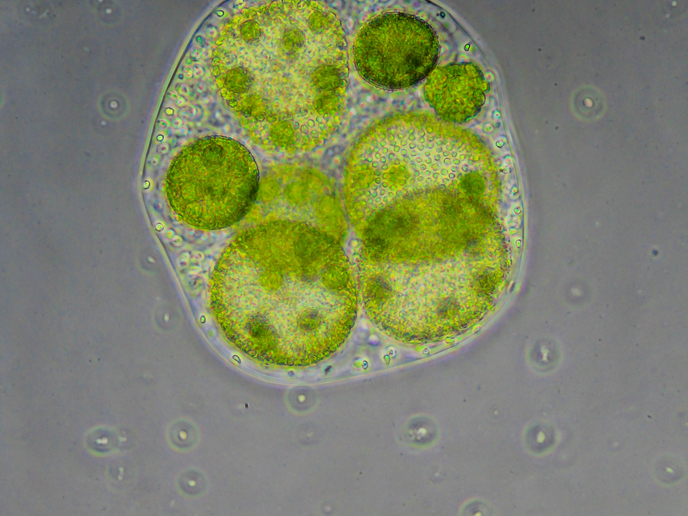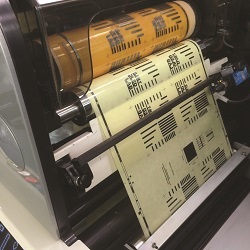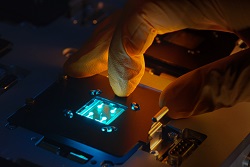Delivering health and wellness products from plants
The EU-funded DISCO(opens in new window) set out to develop tools and resources for the renewable production of useful chemicals that are typically produced by the chemical industry. Overall, the aim was to “create a framework that can act as a generic pipeline from discovery to industrial valorisation, by employing the very latest enabling technologies to deliver sustainable biosources of plant-derived products,” says project coordinator Prof. Paul Fraser. The project “represented a timely opportunity to translate innovation into commercial practice.” Sustainable biosources of plant-derived products DISCO focused on plant-derived natural products that remain the most prolific source of industrially useful compounds known so far. The chemical complexity of these compounds limits industrial production by chemical synthesis because the procedures are often difficult, expensive and detrimental to the environment. Alternative isolation from natural sources hasn’t been straightforward since natural sources are typically low yielding and limited to a few plant species that aren’t particularly responsive to agricultural production processes. Genetic engineering and the exploitation of natural biodiversity offer an alternative approach that will go beyond the present state-of-the-art used to produce beneficial plant products that are traditionally generated by chemical synthesis. Several classes of high-value natural products with known bioactivity were selected, namely carotenoids, terpenoids and tropane alkaloids. These required the development of new sustainable biosources and greener production chemistries. “A key feature of DISCO was its ability to build on existing and previous EU investments, rapidly and efficiency transferring the tools and strategies developed to new plant-derived target molecules,” explains Prof. Fraser. The bioactive molecules are derived from two important plant families: Solanaceae and Iridaceae. They consist of different plant species and have recently been identified as promising biosources. Team members exploited existing and evolving biodiversity collections of Solanaceae and Iridaceae to perform bioprospecting for known and new bioactive entities and activities. To understand plant biosynthetic pathways involved in the formation of high-value plant products, scientists used conventional biochemical approaches together with modern sequencing technologies and strategies. They also employed enabling technologies to facilitate rapid and efficient metabolic engineering and molecular breeding. Such technology enabled the project partners to deliver sustainable biosources of high-value bioactive and industrial phytochemicals. A key aspect of DISCO was its active dissemination and outreach programme. Peer-reviewed publications and presentations at scientific conferences were complimented by press releases, regional open days, project animations, and interviews with senior and junior scientists. Training activities contributed to the career prospects for participating trainees and complementary networks within and beyond Europe. It also organised and participated in metabolite training schools. Unique features of the outreach activities included an industrial forum, a workshop and an early-stage researcher session in Chile to ensure outcomes reached the widest audience possible. Taking plant products from the lab to the market DISCO contributed to the delivery of the IBR products phytoene and phytofluene into the marketplace. These colourless carotenes are important bioactive ingredients of cosmetics. Beneficial health effects include anti-ageing. Several technical, production and economic feasibility tests with ketocarotenoids demonstrated the potential for superior products and cheaper (10-fold) than current market leaders. “By providing new efficient biosources, DISCO supports the shift from synthetic to biobased production,” Prof. Fraser concludes.







